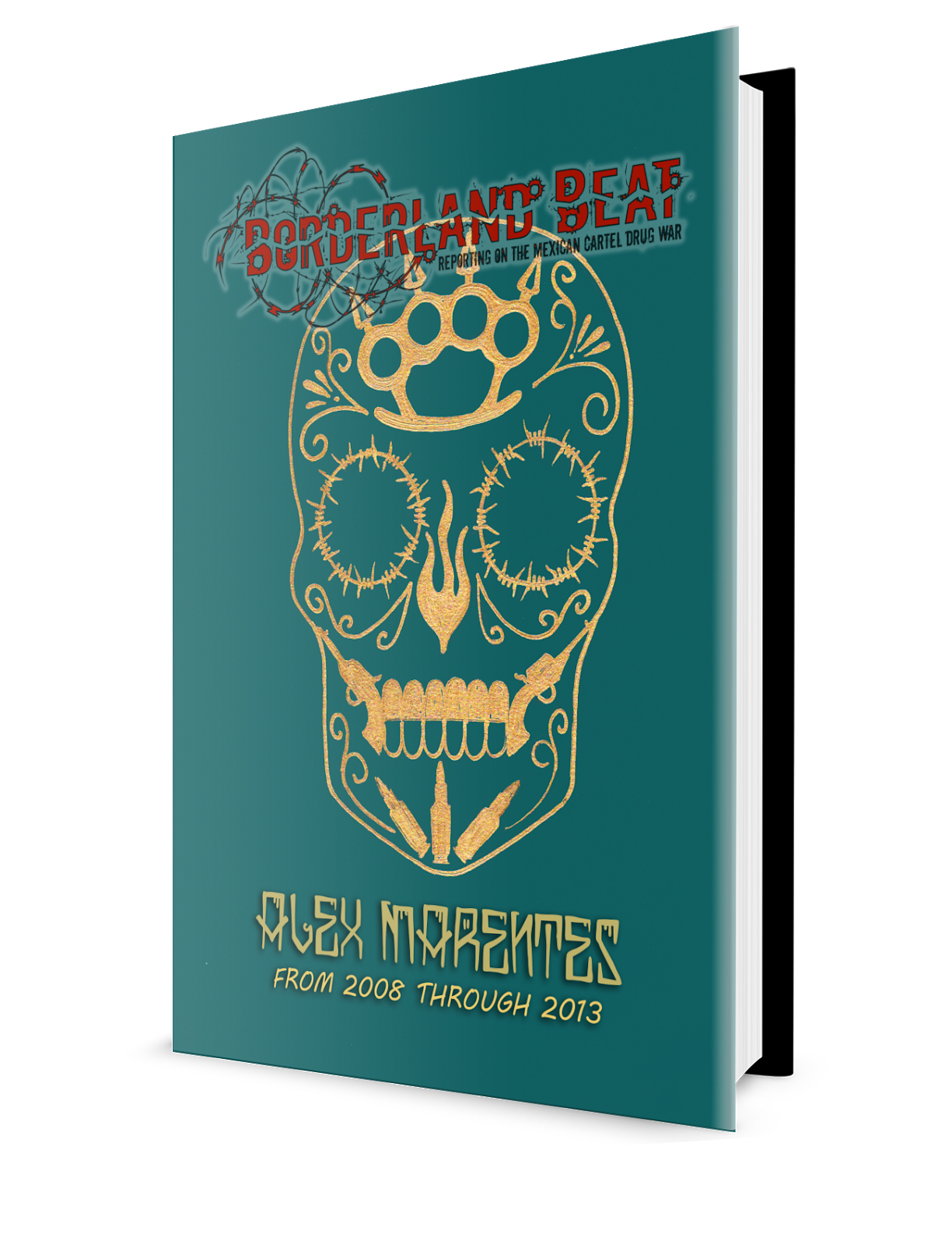Up to 200,000 people have left Ciudad Juarez — more than 10 per cent of its 1.5 million population — in 18 months from fear of a turf war between cartels which has made the city one of the world's deadliest places.
Drug murders reach up to a dozen a day and bullet-riddled vehicles and bodies in pools of blood are commonplace on busy streets in a collapse of law and order.
Ciudad Juarez, which lies just across the Rio Grande from El Paso, Texas, hit perhaps its lowest point in years of violence when suspected drug gang hitmen burst in on a party of high school students in January and killed 15 people, most of them teenagers.
Kidnappings and extortions are also rampant as drug gangs seek extra income, despite a government security crackdown.
"I fled to El Paso when a gang tried to kidnap me last year," said the head of a cross-border trucking firm who declined to be named for safety reasons. "They came for me but I had a change in my schedule so I wasn't home and they kidnapped my neighbor instead," he added.
Once one of Mexico's fastest growing cities, Ciudad Juarez is now blighted with shuttered restaurants and shops. Garbage and unopened mail gathers around the doorways of empty office buildings and once upscale suburbs are devoid of cars.
About a quarter of homes in the city lie empty as residents escape or new houses are left vacant, according to the municipal planning institute. Wealthy and middle class families are heading to safer Mexican cities like Guadalajara and Monterrey, traumatized by the 4,500 drug murders in Ciudad Juarez since violence exploded in early 2008.
At least 30,000 people have moved to El Paso.
Estimates vary on the size of the exodus but academics and Ciudad Juarez officials put it at between 75,000 and 200,000 people since mid-2008. An economic crisis has also hit the city but violence is the main reason for the exodus, city officials say.
Ciudad Juarez, which boomed in the U.S. Prohibition era of the 1920s and until recently attracted Americans seeking cheap medicine, dental care and tequila, is home to U.S.-run plants producing goods ranging from autoparts for General Motors to surgical masks for Johnson & Johnson.
The factories, attracted to Mexico by lower labor costs, are operating normally. But some U.S. companies are halting investment in Ciudad Juarez because of the violence, said Carlos Chavira, president of a leading local business group.
"We are seeing a reduction or a freezing of some investment because of the crime," Chavira said, adding that telecoms, autoparts and electrical goods' factories were worst hit.
Smaller local business are suffering as drug gangs in league with corrupt police run extortion rackets.
"The drug gangs come to your place and leave a note with a telephone number, you have to call and they tell you how much protection money to pay," said a restaurant owner.
MAIN FLASHPOINT
Ciudad Juarez is the main flashpoint in a war between some half a dozen drug cartels, who are also fighting police and the army. About 18,000 people have died nationwide since President Felipe Calderon took office in late 2006 and deployed tens of thousands of troops against the gangs.
Control of Ciudad Juarez is prized by traffickers because of its location smack in the middle of the border and its road and rail links deep into the United States.
It was always a dangerous town but violence took off in early 2008 when Mexico's most-wanted trafficker Joaquin "Shorty" Guzman sent his henchmen to try to wrest Ciudad Juarez from the local cartel headed by Vicente Carrillo Fuentes.
Violence has mostly not spread across the border, but many in the Ciudad Juarez-El Paso area, which is home to some 235,000 manufacturing jobs and operations of 70 Fortune 500 companies, say the future of the region that handled $50 billion in trade in 2008 is at stake.
El Paso officials are lobbying for U.S. President Barack Obama to meet Calderon in the area and come up with a plan to stop the killings.
"An unprecedented tragedy has been unfolding in our community and our entire region is at immediate risk of further violence, devastation and chaos," El Paso city councilors Steve Ortega and Beto O'Rourke said in a February resolution calling for an end to drug violence.
Many of those abandoning Ciudad Juarez are middle class or skilled workers, threatening a labor shortage despite Mexico's high unemployment. "There's the risk the city's competitiveness drops and forces us to lose ground," said Chavira.
Calderon, who has staked his reputation on beating back the drug cartels, is facing rising public anger at the violence in Ciudad Juarez. In his second trip to the city in less than a week, Calderon reiterated Wednesday a pledge of financial aid to create jobs, entice youngsters out of drug gangs and regenerate the most dangerous neighborhoods.










0 Borderland Beat Comments:
Post a Comment
Comments are moderated, refer to policy for more information.
Envía fotos, vídeos, notas, enlaces o información
Todo 100% Anónimo;
borderlandbeat@gmail.com